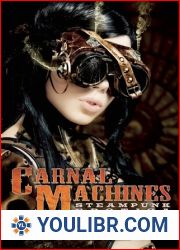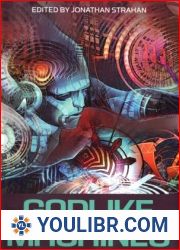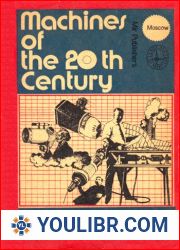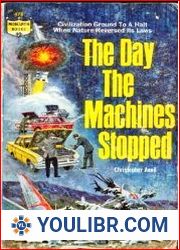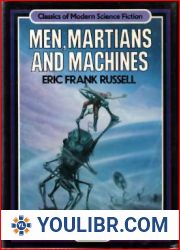
BOOKS - Little Machines

Little Machines
Author: Paul McAuley
Format: PDF
File size: PDF 956 KB
Language: English
Format: PDF
File size: PDF 956 KB
Language: English
MONSTERS! ALIEN INVASIONS! SERIAL KILLERS! LOST WORLDS! CONSPIRACIES! MAD SCIENTISTS! SECRET HISTORIES! In the seventeen polished, ingenious and often darkly humorous stories collected here, multiple award-winning author Paul McAuley takes a fresh look at staple genre themes spanning science fiction, horror, and alternate history. In 'Residuals', written with Kim Newman, a hero who once helped repel an alien invasion, eaten up by self-loathing and alcoholism after his bruising experience in the eye of the media, must find it in himself to try to save the world all over again. Bestselling mainstream author Philip K. Dick confronts Richard Nixon and a conspiracy that has taken control of America in 'The Two Dicks'. 'All Tomorrow's Parties' is a compressed marvel of far-future science fiction that packs a novel's-worth of action into its story of how an immortal weary of everything the universe has to offer deals with an unexpected confrontation. A book-dealer turned private detective discovers strange and dangerous rivals making use of the internet in 'The Proxy'. A science fiction fan explains how he became a serial killer in 'I Spy', a story with a little something missing. And in 'Cross Roads Blues', especially rewritten for this collection, the course of American history hangs on the decision of an itinerant musician. Despite the wry black comedy that suffuses many of these stories, the author is fully engaged with the ineffable strangeness of the universe and the human predicament. Even at his most playful, as in 'The Madness of Crowds', where a TV set designer must deal with the ramifications of a discovery by a mad scientist who is also his younger, smarter brother, McAuley has a serious point to make about hardwired human behaviour. As Greg Bear notes in his introduction, although some of McAuley's work can be compared to a wild hybrid of Cordwainer Smith and E.M. Forster, 'his style varies and can be difficult to label [but] it's all compelling'. Every one of these stories is different and distinctive, but they are all informed by the restless intelligence and strong moral sense of a writer Publishers Weekly has praised as being 'one of the field's finest practitioners'. Fine in fine dj



















